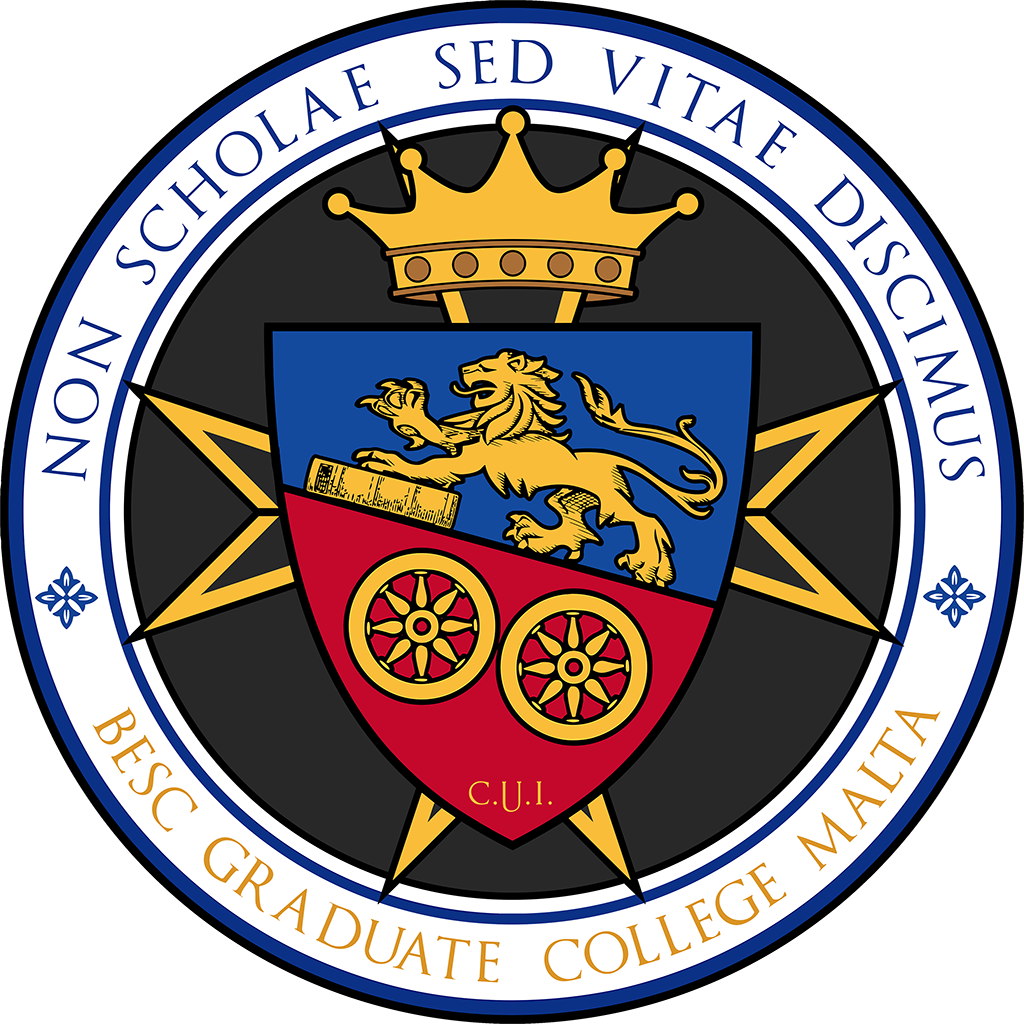Mission Statement
To develop and provide innovative education services and curricula for various academic courses and research projects aimed at improving the Quality of Life and Health of individuals, groups and organizations.
The World Health Organization (WHO) defines Quality of Life (QOL) as "an individual's perception of their position in life in the context of the culture and value systems in which they live and in relation to their goals, expectations, standards and concerns".
Higher Education is a strategic dimension of QOL, together with wealth, employment, environment, physical and mental health, recreation and leisure time, social belonging, religious beliefs, safety, security and freedom.
In knowledge-based economies, education underpins economic growth, as it is the main driver of technological innovation and higher productivity.
Moreover, as a means to transmit knowledge through generations, education is the basis of human civilisation and has a major impact on the quality of life of individuals. A lack of skills and competencies limits access to the labour market and economic prosperity, increases the risk of social exclusion and poverty, and may hinder a full participation in civic and political affairs.
Education enhances people’s understanding of the world they live in, and hence the perception of their ability to influence it. In 2019, close to one third (31.6 %) of the EU-27 population aged 25-64 years had a tertiary level of educational attainment, while almost half (46.8 %) had completed upper secondary or postsecondary non-tertiary education.
Higher levels of education – in any possible formats - are generally linked to better occupational prospects and higher income, hence having a positive effect on a person’s quality of life. Our mission is to ensure that excellent education and significant learning experiences are affordable for everyone.
Innovation in Teaching
"If you can not measure it, you can not improve it."
In order for any educational decision to be the best possible, it is necessary to know what fascinates students and how to measure their involvement in the learning experience. Our behavioural scientists have spent many years in research to develop a model for measuring students' attention and engagement in the learning process.
Students can choose to use various neurotechnologies to receive and deliver real-time information about what interests and fascinates them. With this option, the faculty and teaching management can make informed decisions to maximise and improve the proposed teaching content and methodology.
Our teaching methods have been developed to engage all our students in learning experiences that are enriching, fun and intellectually stimulating. Different learning and teaching methods are used to reflect the variety of individual learning styles.
Know-how
32 years of academic experience
We are a Higher Education Institute that aims to develop "innovative curricula" for various graduate and postgraduate courses in health and behavioural sciences. We will also be providing all other related services and facilities also in cooperation with European colleges and universities, exchanging methodologies and content to offer students, researchers and professionals meaningful learning experiences. We were established as the European academic extension of the International University Centre, an institute for university cooperation and research founded in 1991 and recognised by the Italian government.
Board of Directors
Every member of our board of directors is a thought leader who has made significant contributions to our society and each one brings a unique set of skills and expertise to our organization. Every member of our board cares deeply about quality, equality and integrity. The Board's task is internal and external Quality Assurance and the implementation of processes that safeguard the quality of higher and continuing education.
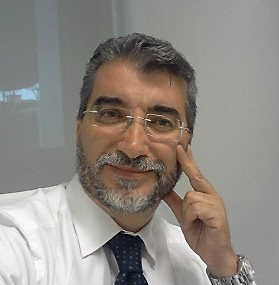
Umberto Zerbini
HEAD OF INSTITUTION
Professor of Psychology and Behavioural Sciences at various European Universities. He is president of the C.U.I., an institution for university cooperation and research recognised by the Italian government As BESC's Rector, he is responsible for the academic tasks related to the implementation of the Internal Quality System.
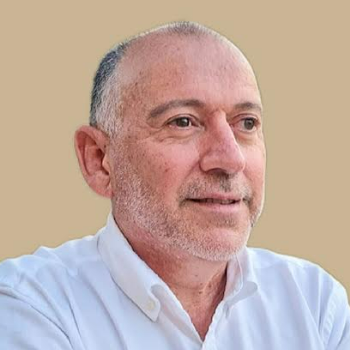
Conrad Vella
DIRECTOR
Consultant expert in business administration and finance. As a director he holds the position of BESC's legal representative with MFHEA - Malta Further and Higher Education Authority. He is responsible for the financial and administrative tasks related to the implementation of the Internal Quality System.
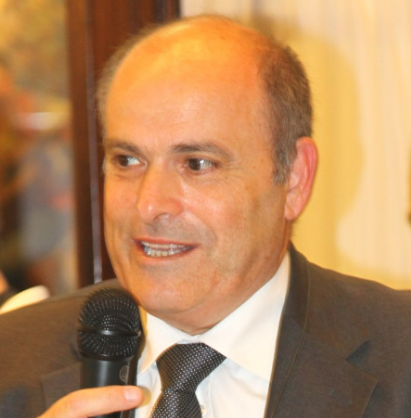
Denis Borg
MEMBER
Former Secretary General of the Maltese-Italian Chamber of Commerce, appointed with the approval of the Italian Ministry of Economic Development upon the positive opinion of the Ministry of Foreign Affairs. He is responsible for BESC's relations with students and stakeholders in implementation of the Internal Quality System.
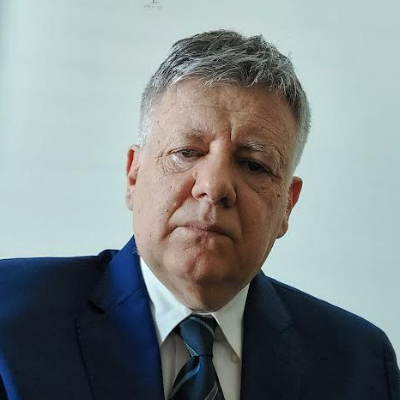
Andrea Mennini Righini
MEMBER
Maltese and Italian Lawyer experienced in labour and corporate law. He has worked for the Italian Ministry of the Interior and as a member of the boards of various public companies. He is responsible for BESC's international relations and internal-external agreements in implementation of the Internal Quality System.
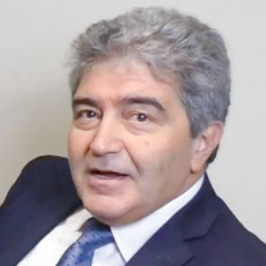
Demetrio Macheda
MEMBER
Professor of Human Resource Management and expert in quality assessment. In 2009, he developed and patented the Skill View® system - scientifically validated and translated into 8 languages - for recruiting, selection, soft skills and assessment. He is responsible for BESC's
Internal Quality System unit.

Rossana Menchetti
MEMBER
Experienced manager of administrative and financial processes in educational institutions. Director of the administrative office at C.U.I.
She is responsible for the regulations and processes of students enrolment in MFHEA-approved programmes, implementing the Internal Quality System.
QUALITY ASSURANCE
We publish our Quality Assurance Policy that identifies and reports on our commitment to quality
and continuous improvement of the programmes offered and services provided,
in accordance with the standards set by the National Qualifications Framework.
MFHEA INTERNAL QUALITY ASSURANCE STANDARDS
"The National Qualifications Framework has 11 Internal Quality Assurance (IQA) standards. These apply to further, higher and adult formal provision in Malta regardless of the mode of study or place of delivery, including transnational and cross-border provision. The IQA Standards:
- Set-up and publication of an effective policy for quality assurance;
- Institutional probity both financial and institutional;
- Appropriate design and approval of programmes;
- Student-centred learning, teaching and assessment that encourages students taking an active role;
- Published and consistently applied regulations for student admission, progression, recognition and certification;
- Competence and effectiveness of teaching staff;
- Appropriate learning resources and student support;
- Collection, analysis and use relevant information for the effective management of programmes and other activities;
- Appropriate public information;
- On-going monitoring and periodic review of programmes;
- Cyclical external quality assurance". Taken from the official MFHEA website
MALTA QUALIFICATION FRAMEWORK (MQF)
"The Malta Qualifications Framework (MQF) assists in making the Maltese qualifications system easier to understand and review, and more transparent at a national and international level. The Malta Qualifications Framework is also a referencing tool that helps to describe and compare both national and foreign qualifications to promote quality, transparency and mobility of qualifications in all types of education. It is mainly referenced to the European Qualifications Framework (EQF) as well as to other non-European qualifications frameworks.
The reference levels make it easier to understand what a learner with a qualification related to the Malta Qualifications Framework knows, understands and is able to do. These levels are neutral reference points to be used for all qualifications irrespective of whether they arise from academic or vocational education; formal, informal and non-formal learning. These are useful for education and training providers as they describe the knowledge, skills and competences and a set of learning outcomes which indicate to the learner the end of a learning process.
Malta established its Malta Qualifications Framework (MQF) in 2007 and the Malta Further and Higher Education Authority (MFHEA) is the local competent authority to recognise qualifications and accredit courses against the Malta Qualifications Framework". Taken from the official MFHEA website.


